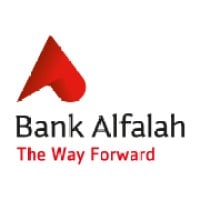
Bank Alfalah Limited
Bank Alfalah is one of the largest private Banks in Pakistan with a network of over 1100 branches in more than 200 cities across Pakistan with an international presence in Afghanistan, Bangladesh, Bahrain, and a representative office in the UAE. The Bank is owned and operated by the Abu Dhabi Group. The International Finance Corporation (IFC) of the World Bank partnered with the Bank in 2014 and holds a 15 percent stake in Bank Alfalah. Incorporated as a public limited company on 21st June 1992, under the Companies Ordinance, 1984, Bank Alfalah commenced banking operations from 1st November 1997. The Bank provides financial solutions to consumers, corporations, institutions, and governments through a broad spectrum of products and services, including corporate and investment banking, consumer banking and credit, securities brokerage, commercial, SME, agri-finance, Islamic and asset financing. JCR-VIS has assigned an entity rating of ‘AA+’ (double-A plus) for the long-term and ‘A1+’ (One plus) for the short-term, with a stable outlook. PACRA has assigned Bank Alfalah ‘AA+’ (double-A plus) entity rating for the long-term and ‘A1+’ (One plus) for the short-term, with a positive outlook. The Bank is listed on the Pakistan Stock Exchange.






